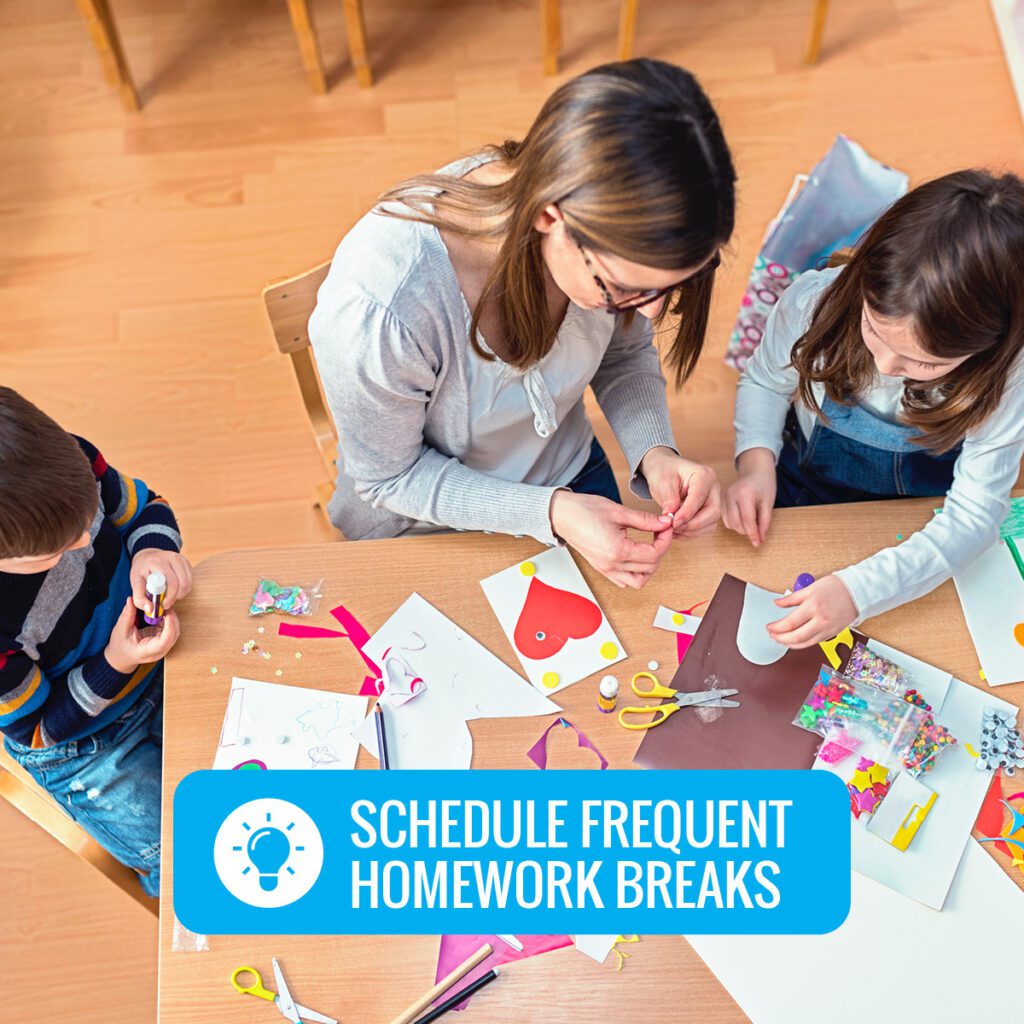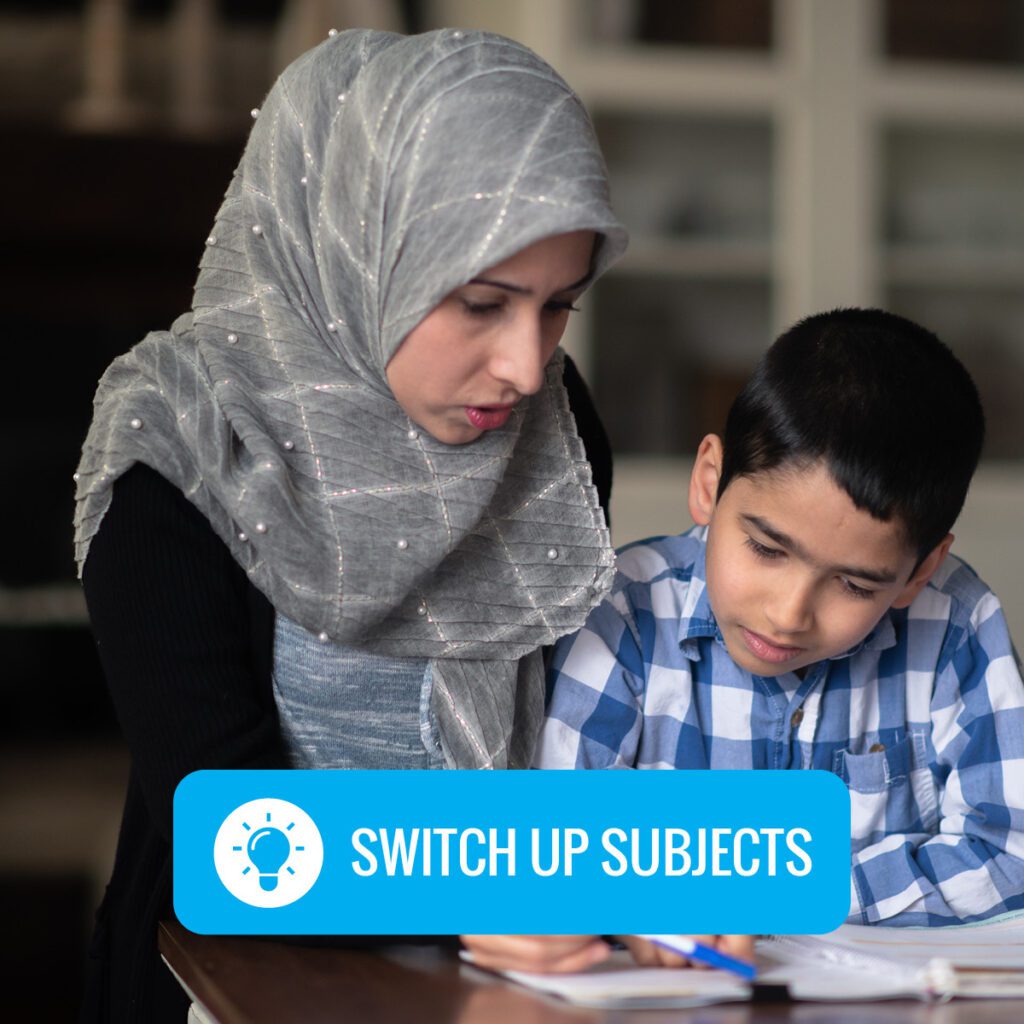For students, the ability to reduce homework distractions is not always easy. Many parents wonder how to help a child who can’t seem to concentrate on his or her school assignments.
Many kids see homework as tedious or boring, so it’s easy to understand why they often become off-task.
How can parents help to reduce homework distractions? It starts with understanding where these distractions are coming from.
Why Are Children Distracted?
Children often don’t understand why homework is important or that there are consequences for not doing it. However, in most cases, students simply lack the experience and self-control to stay on-task.
The “home” setting of homework can be a major source of homework distractions. It’s filled with toys, internet access, and family members doing their own things. With all these homework distractions happening around them, children can find it hard to sit down and tackle homework in an effective way.
What Other Problems Cause Distraction?
Other issues can cause children to lose concentration. Stress, frustration, and simply not understanding the material can have a big impact on a student’s ability to concentrate, as well as his or her ability to master the material being taught in class.
How To Help Your Child Focus On Homework And Reduce Homework Distractions:
If you’re a parent with a child who needs some help staying on-task, try these tips to reduce homework distractions:
1. Schedule Small Breaks

It’s important to give your child enough breaks so that he or she doesn’t get overly frustrated, bored, or start drifting away from the material. Take a 5-10 minute break every 20 to 30 minutes. These small “brain breaks” will help your child refresh his or her mind and return to the material more invigorated. Take a short walk to help get rid of any extra energy so your child will be ready to get back down to work.
2. Create a Learning Space

Having a space to work is crucial for homework and studying. Ideally, this space should be used be for homework only, but that may not always be practical depending on the space you have in your home. The most important thing that is this space remains distraction-free and has all the supplies your child needs to work (like pencils and paper). A good study space – also known as a study studio – can have a great impact on helping your child concentrate more effectively on his or her homework.
3. Help When Needed

It’s perfectly acceptable for parents to work with their kids—especially at a young age—when it comes time to do homework and study. Just make sure you are encouraging your child to find the answers to questions him or herself, and not doing the work for your child yourself. Work together, but work toward self-management so your child gets stronger each time.
4. Have a Homework Plan

Approach each homework session with a plan of attack. Help your child make a checklist and stick to it. Include what homework assignments your child has each night and any extra materials needed. Creating structure can be extremely helpful to students. It can also help you make sure your child has what he or she needs for each homework session and keep track of how your child is spending his or her time.
5. Mix Up Subjects

A major factor in distraction is often boredom. A good way to combat that boredom is to switch subject focus every so often. Mixing it up can help keep the mind engaged and focused. If your child has hit his or her limit with math, switch to another assignment. Come back to any unfinished homework questions later and tackle them with a clearer mind.
6. Offer Rewards

If your child just doesn’t want to complete his or her homework, offer him or her a little incentive for getting tasks accomplished. This doesn’t need to be a big reward. A small treat or a trip to the park can be enough to motivate your child to complete his or her homework and move onto other exciting activities.
Concentration is Key!
Concentration and focus are not the easiest techniques for students to master, especially when it comes to homework. However, with these tips you can teach your child how to become better at concentrating on his or her homework. Once your child develops better concentration and homework skills, it’s easy to become an even better student.







